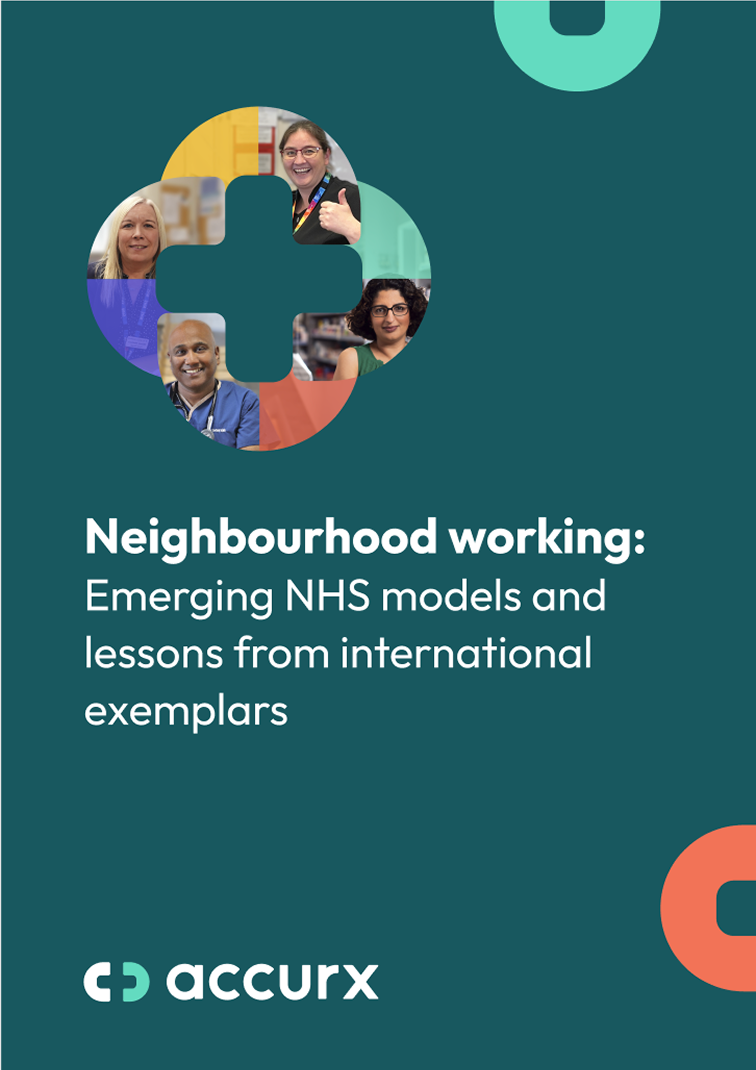Work as one team: create a single, unified digital team space where every member of the neighbourhood team can communicate and collaborate securely across organisational boundaries.
Standardise intake: review structured referrals in one place, request missing information, and direct patients to the right service quickly and safely.
Triage and direct: review structured referrals in one place, request missing information, and direct patients to the right service quickly and safely.
Build the caseload: maintain a real-time, shared view of all patients under the team’s care to improve workload visibility and proactive management.
Collaborate on care: enable asynchronous, multidisciplinary conversations that follow the patient, reducing meeting dependency and communication gaps.
Work from the care plan: create a living, digital care plan visible to everyone involved, linking agreed actions directly to patient communication.
Action and outcome: record and take action - prioritised intelligently for the team and for the individual, close the loop through shared task visibility and progress tracking.


